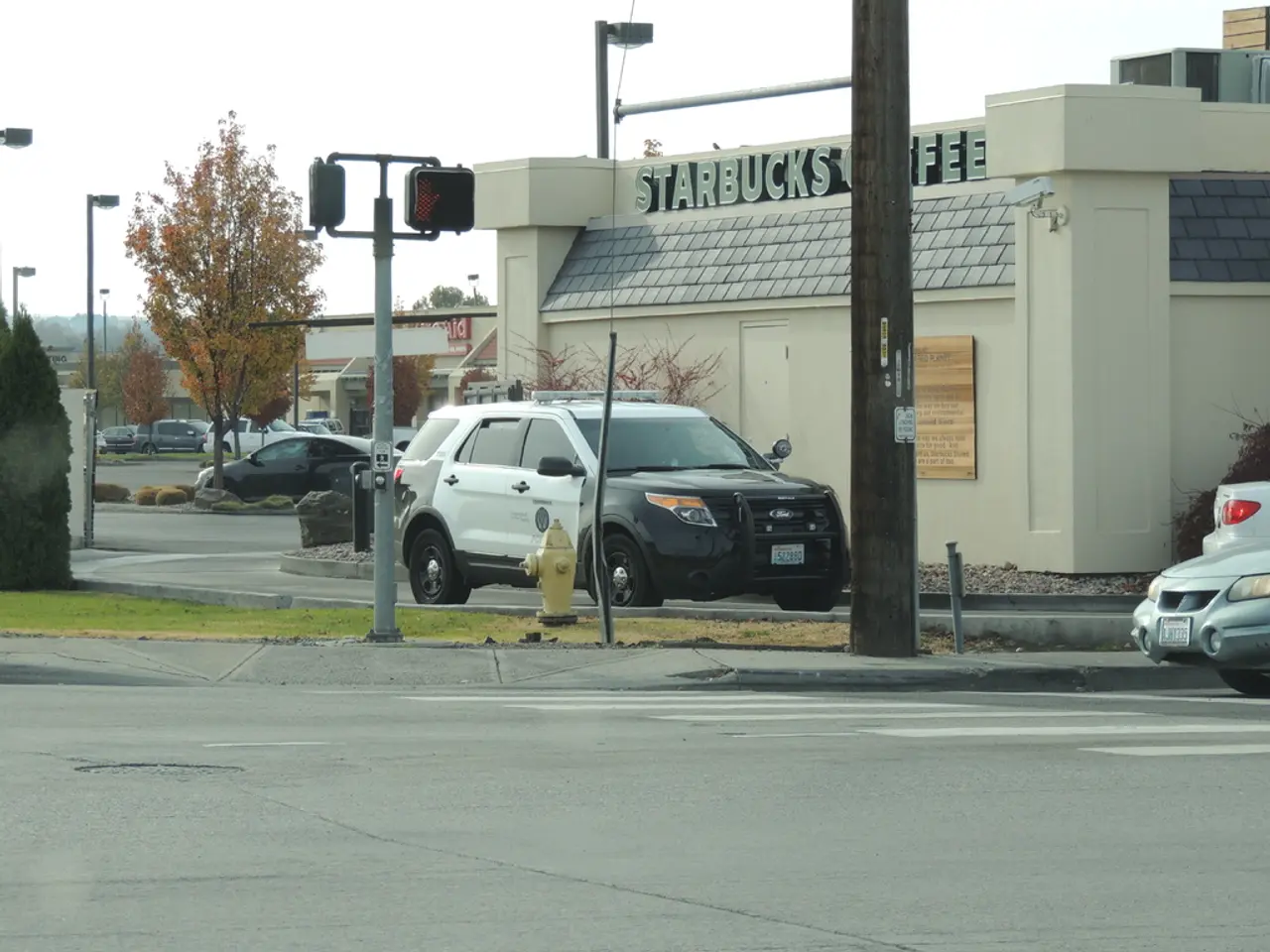Essential factors to consider before purchasing motorhome insurance
When it comes to insuring your motorhome in the UK, there are several key factors to consider to ensure you have the right coverage for your needs. Here's a breakdown of the top things to keep in mind:
1. Type of Motorhome
Different types of motorhomes, such as A-Class, Coach-built, and Low-profile, require specialized insurance due to their unique features and values. Self-converted vans and campervans can also be insured, but may involve additional considerations or specific insurers.
2. Coverage Levels
Liability Protection
Essential for personal injury and property damage claims.
Contents Insurance
Covers personal belongings stored in the motorhome.
Breakdown Cover
Provides roadside assistance and recovery services.
Emergency Expenses Cover
Helps with temporary accommodation costs if the motorhome is uninhabitable.
European Travel Insurance
For those planning to drive abroad.
3. Cost and Payment Options
Price Variations
Insurance costs vary widely based on the type of motorhome, from £25 to over £200 per month.
Annual vs. Monthly Payments
Annual payments are usually cheaper as monthly payments often include interest.
4. Driver and Vehicle History
A good driving history and secure storage of the motorhome can help lower premiums. High mileage or being a younger driver may increase costs.
5. Insurer Selection
Choose a reputable insurer that caters to your specific needs, such as specialist insurance brokers like Lifesure Group.
6. Additional Features
Consider what additional features are important to you, such as specific travel cover or equipment insurance if you have unique items onboard.
By carefully evaluating these factors, you can ensure that your motorhome insurance provides the necessary protection and supports your lifestyle without breaking the bank.
It's also worth noting that:
- Entering vehicle details multiple times can be annoying when searching for motorhome insurance.
- Driving less can result in savings on motorhome insurance.
- Motorhome insurance is required unless the vehicle is SORNed.
- Three common levels of motorhome insurance are third party, third party, fire & theft, and fully comprehensive.
- There are many providers of motorhome insurance on the market, and it can be overwhelming to compare them.
- Fitting a reversing camera or parking sensor can potentially lower insurance costs.
- Many providers offer foreign use cover for Europe trips, ranging from 30 days to 365.
- Caravan Guard offers motorhome insurance with options like 270 days European cover, emergency accommodation expenses, and up to 69% no claims discount.
- Towing insurance can be difficult to navigate, and it's important to read the small print to ensure coverage for motorbikes on trailers.
- Full-time motorhome living may not be covered by many providers.
- Additional motorhome door locks can make the policy cheaper.
- Storing your motorhome in a secure and approved parking can save up to 10% of policy prices.
- Mould & Mildew is often not covered by motorhome insurance policies.
- Third party only covers costs for injury or damage to others, not the insured or the vehicle.
- You may have to pay an excess when making a claim, the amount depending on the policy.
- Some vehicles may need a specialist broker to find a good quote.
- Camper insurance is generally cheaper than van insurance.
- Some policies require trackers or other motorhome security devices fitted, and some may require a monthly payment to stay monitored.
- Building up a no-claims discount can lead to discounts with many insurers.
- To maintain a comfortable lifestyle when writing articles about home-and-garden or travel, one might consider purchasing compact writing equipment, along with travel insurance, to protect the equipment and ensure productivity while journeys take place.
- If you are a full-time motorhome dweller with hobbies that require a greenhouse or garden tools, it might be worth considering a lifestyle change that accommodates these passions, as full-time motorhome living might not be covered by most insurers.




